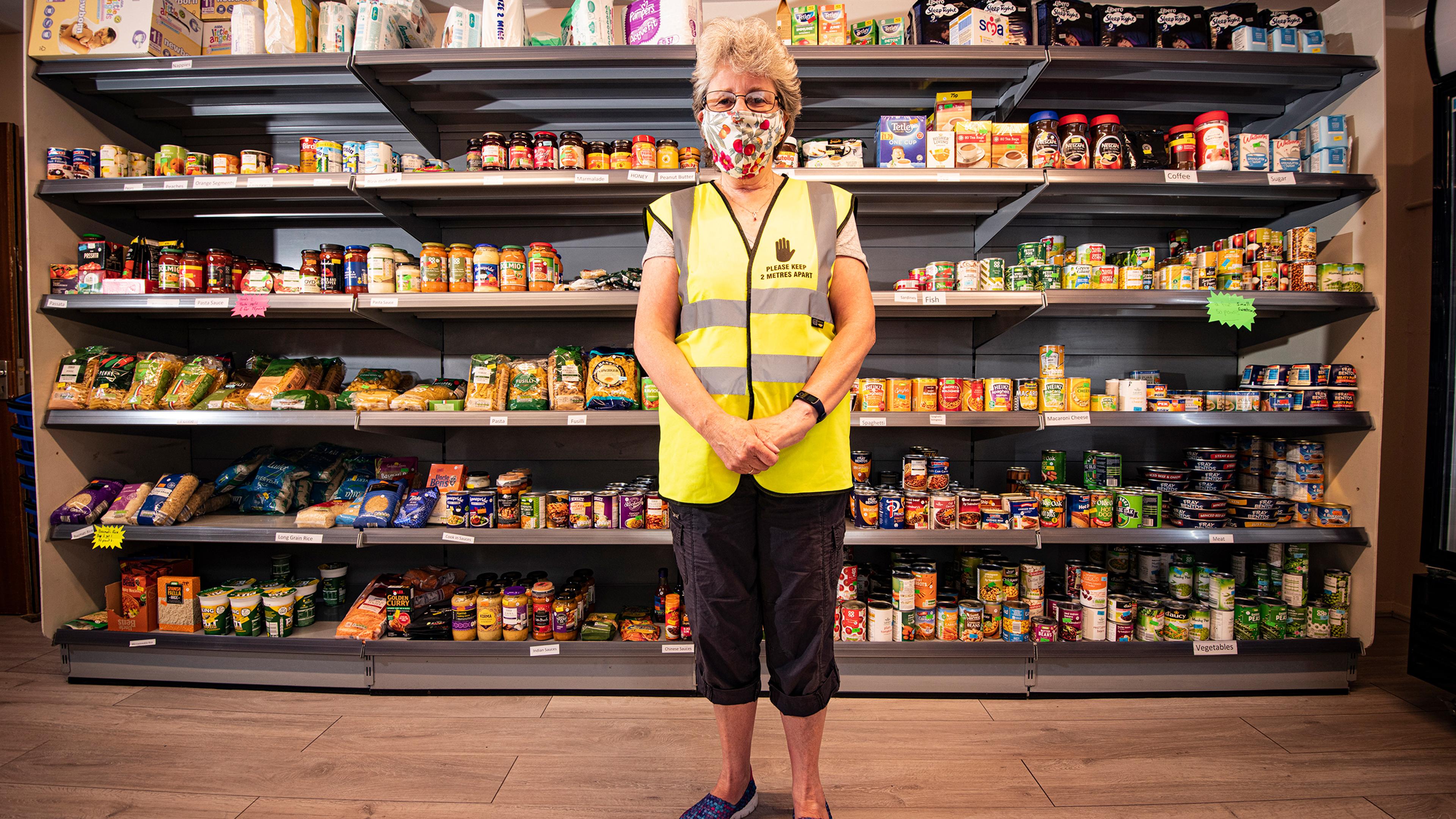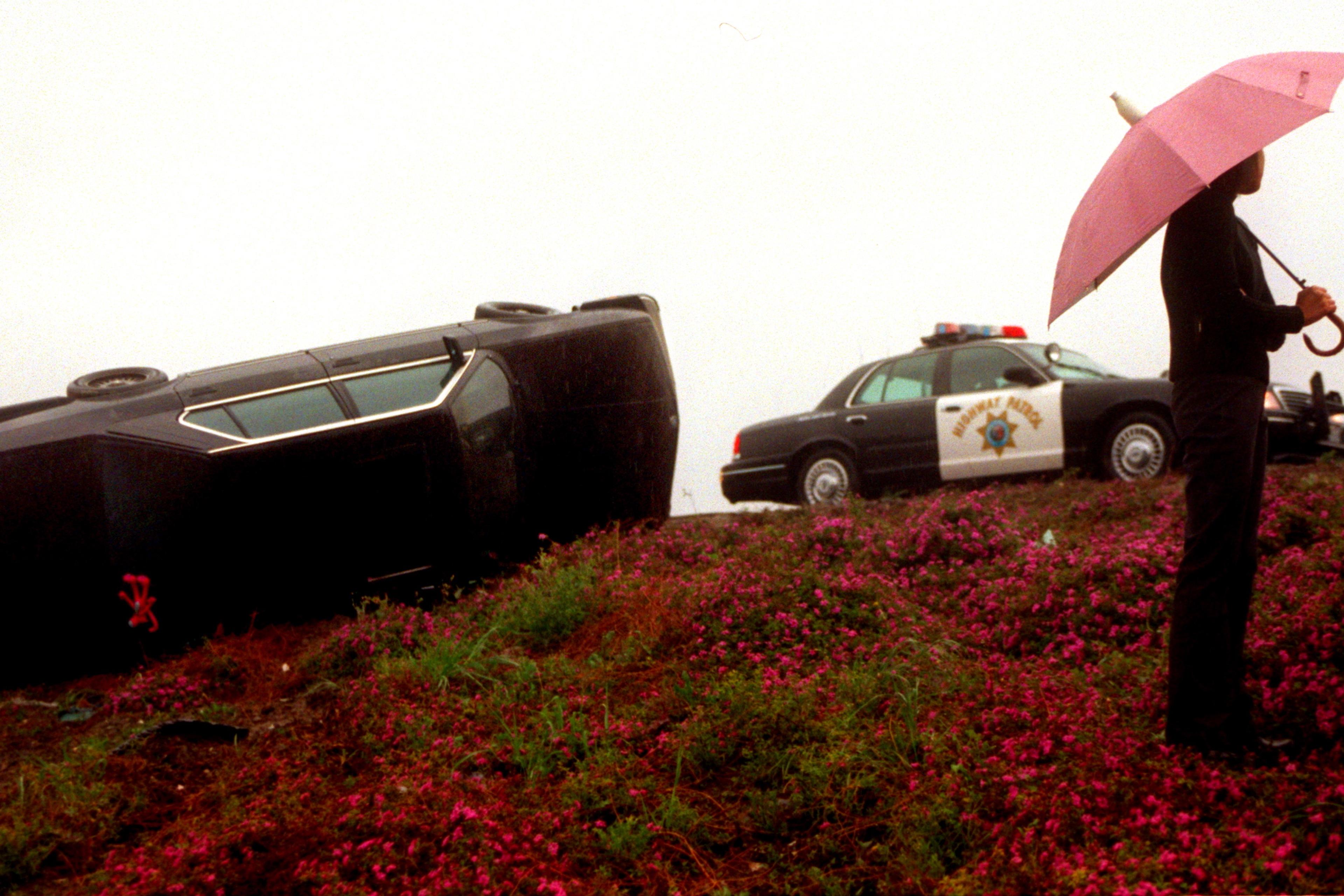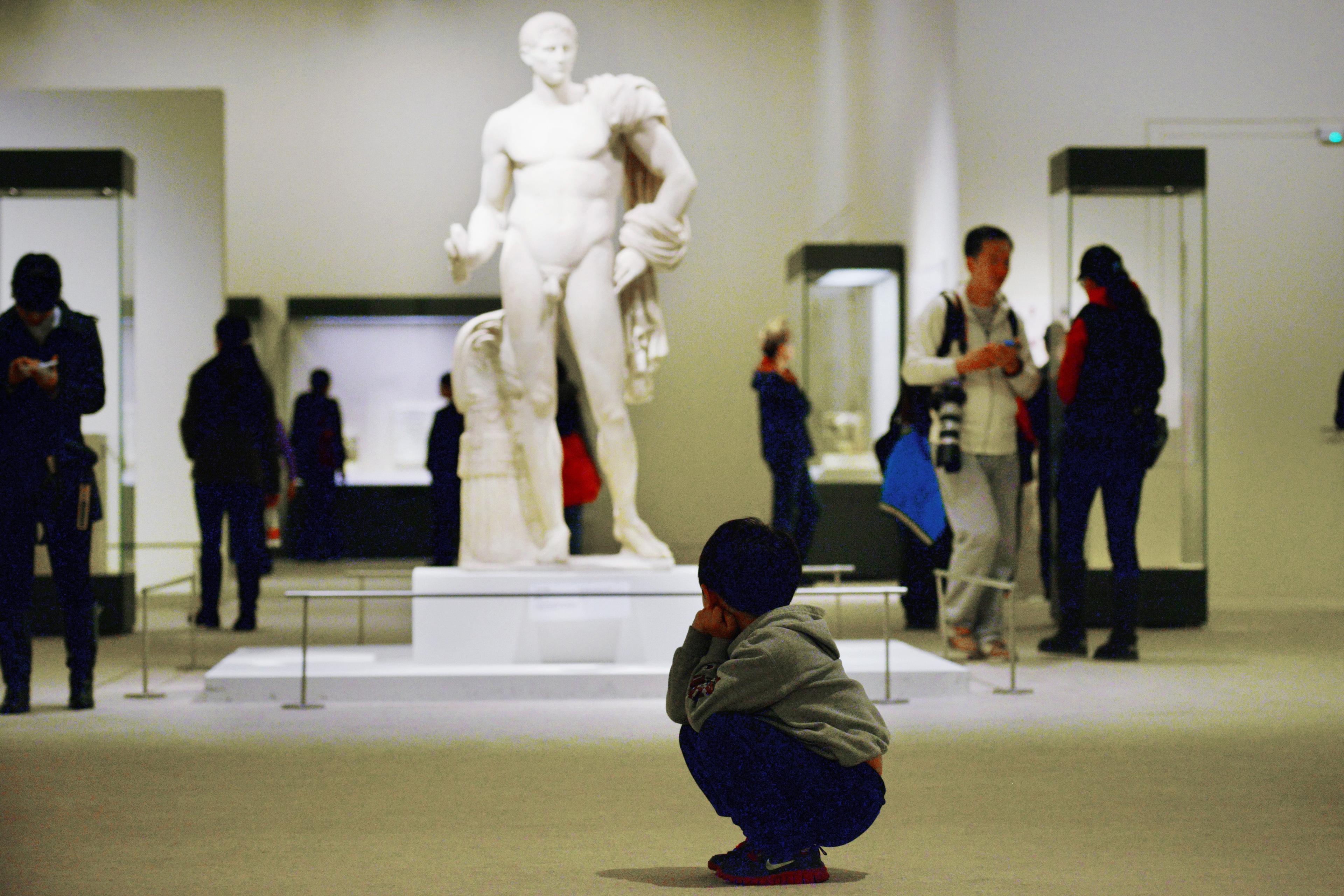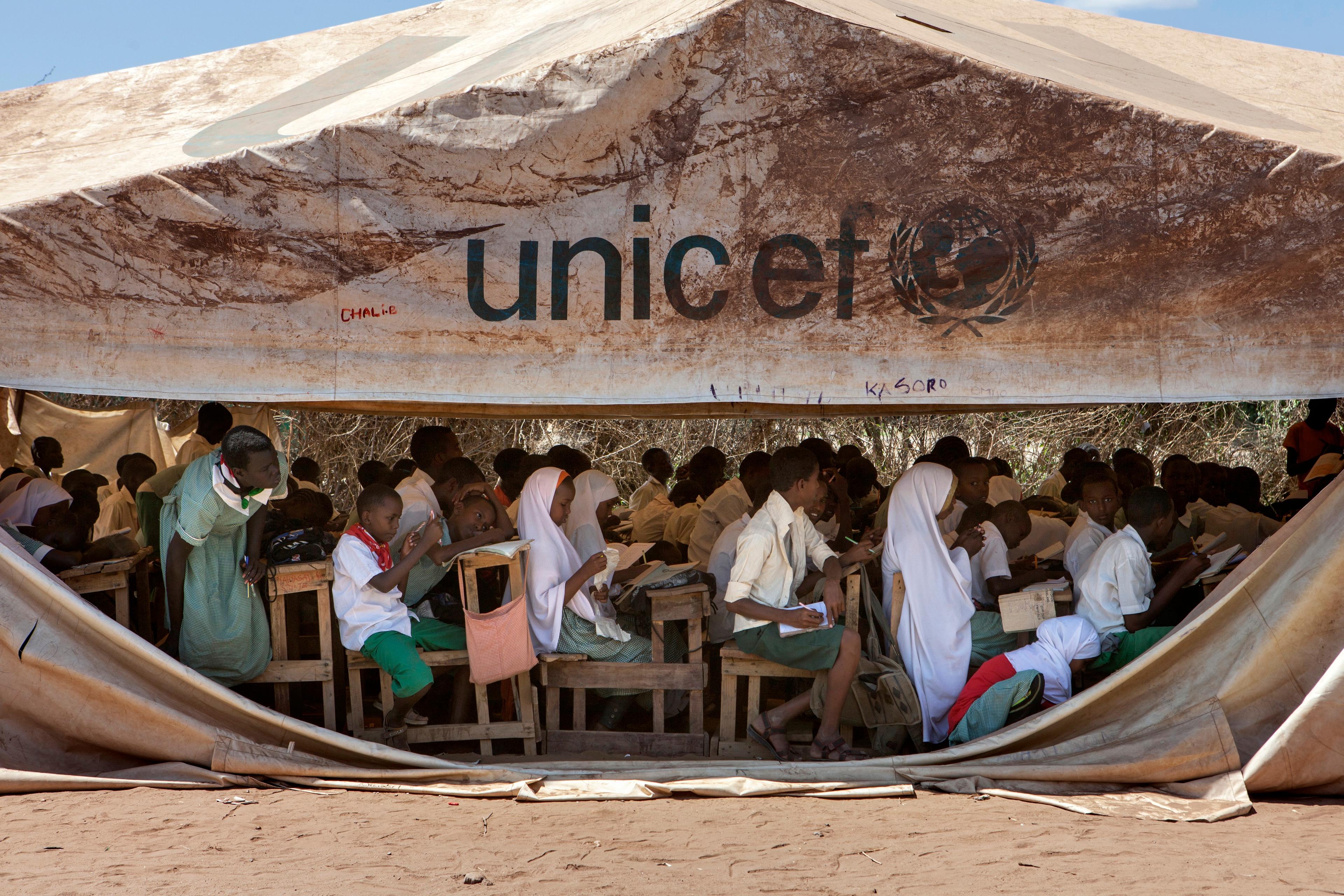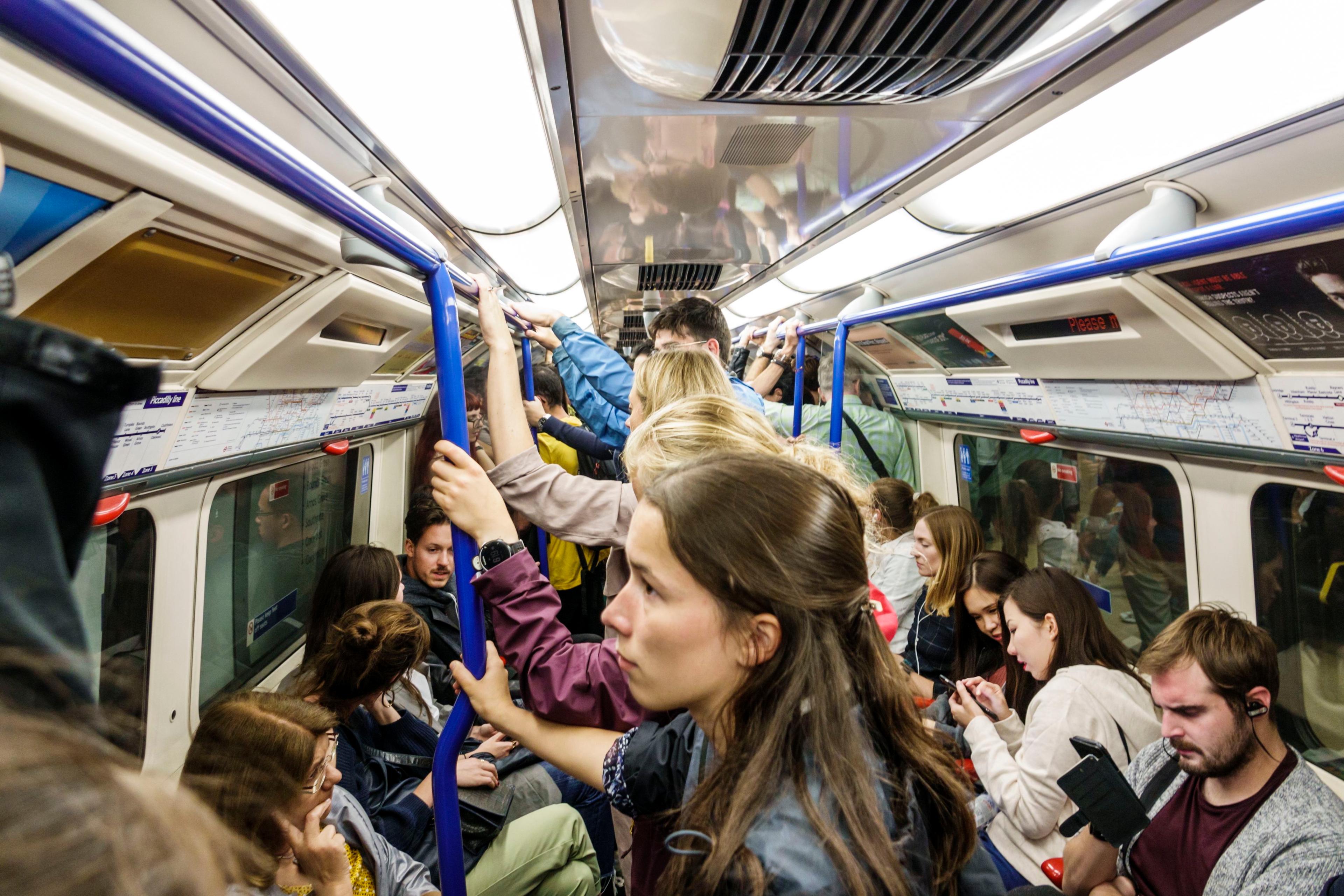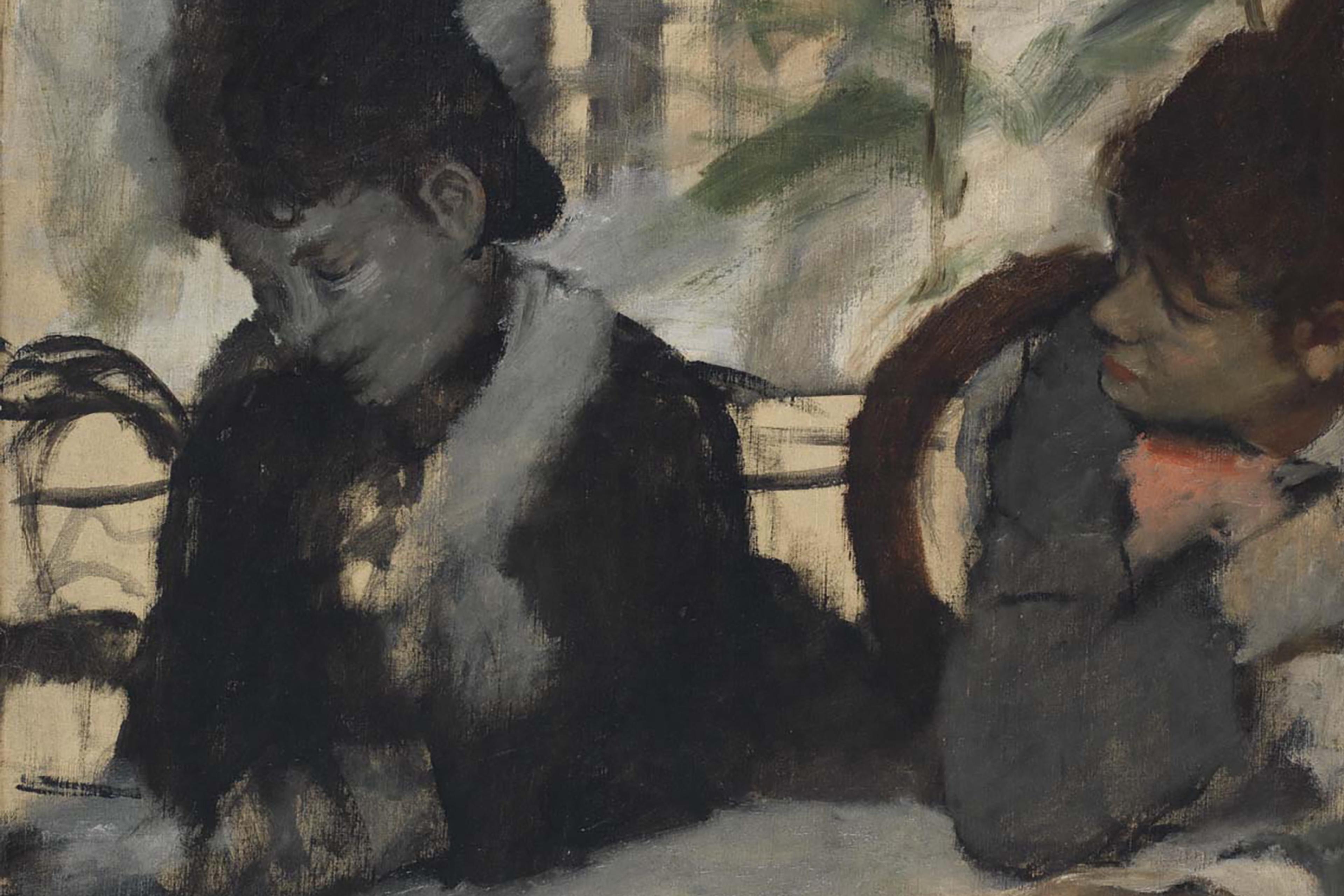When I handed $7 worth of groceries to a person who was asking for help outside a supermarket in Los Angeles, he beamed with appreciation. The look on his face warmed my heart. I felt amazing. Based on what we know about human behaviour, my reaction was not surprising. Social scientists have long documented the ‘warm glow’ of altruism, a good feeling that comes from doing a good deed. But later, at a dinner party – as I considered sharing with my friends what happened – I experienced a more complicated reaction. I felt a strange mix of the lingering joy of doing something kind, the anticipation of being praised for the act, and an icky feeling that I couldn’t quite name. In the end, concern about the icky feeling kept me quiet.
A similar emotional reaction prevented me from hitting ‘Post’ on a Facebook update about the positive encounter. It’s been years since that day, but the warm glow I felt from giving someone just $7 worth of groceries? That stuck around for about three months. I couldn’t help but wonder whether I would have felt as good had I told my friends or posted the story on social media, which I was strongly tempted to do.
After the emotional tug-of-war I experienced, I suspected that other people would recognise this conflict, too. Deep down, many of us would like others to know when we’ve helped a stranger, donated to a charity, or supported a friend who’s going through a difficult experience. But we sense that sharing the story ourselves would cost us something. As Oscar Wilde is credited with saying: ‘The nicest feeling in the world is to do a good deed anonymously – and have somebody find out.’ This line perfectly captures what my colleagues and I call ‘the do-gooder dilemma’: wanting your good deeds to be known, but not wanting to be the one who makes them known.
The issue is that making our altruistic behaviours more visible could have real benefits. Recent social psychology research suggests that, if people tell others about their own charitable giving online, it can make that kind of generosity seem like the norm, potentially sparking a chain reaction and boosting charitable donations. When people see others engaging in a behaviour, they are more likely to follow suit. This logic is sound. But based on my own complicated experience, I began to wonder if something was missing from our understanding of the psychology behind doing good deeds and the impulse (or hesitation) to share them.
When people do talk about their own good deeds, they are often judged negatively, research has shown, particularly if their announcements are public. Observers tend to assume that the person who did something good was acting out of selfishness all along – as if they had first calculated the reputational boost they would receive, commenced with the good act, and announced it in order to collect social credit. Self-promotion seems to ‘taint’ the goodness of the act, because by definition an altruistic act must involve behaviour that both benefits someone else and is costly to oneself. Self-benefit is not part of the equation.
But these findings are all about how people who disclose their good deeds are regarded by others. Past research has not explored how good-doers themselves feel about relating their acts of kindness to others. So my collaborators and I set out to learn whether people think that talking about these acts would leave them feeling better or worse – and why.
We know there are social norms against bragging about achievements, such as getting a job promotion or winning a race, and we wanted to test whether there is an even stronger tension related to self-reporting good deeds. We suspected that people would feel embarrassed to report their own achievements, due to modesty norms, but that talking about their own good deeds would make them anticipate feeling even worse. We randomly assigned research participants to recall either a personal achievement or a good deed they had done, and we asked them how positively (happy, proud) or negatively (ashamed, embarrassed) they felt about it. Then, we asked them to imagine how they would feel if they told a friend about it or posted about it on social media.
People seem to know that telling others about their good deeds can tarnish their emotional rewards
Compared with their feelings about the good deed itself, the participants expected that they would feel significantly worse – more shame and embarrassment along with less happiness and pride – after telling others about it, especially if they shared it on social media. And although they reported feeling similarly good about their achievements and their good deeds, they imagined that they would feel much worse when sharing a good deed than when sharing a personal achievement.
Interestingly, participants didn’t expect someone else who shared about their own good deed to have this negative response. They seemed to assume that another person would feel equally good whether they kept their deed private or not. We can’t say with certainty why they thought this, but we suspect it comes down to something simple: most people don’t vividly and specifically simulate what it’s like to be someone else. As a result, they often fail to ascribe to others the kinds of complex emotional experiences (such as ambivalence about sharing good deeds) that they know they would feel themselves.
Why, then, might self-reporting a good deed seem like it would feel worse than self-reporting an achievement? We asked our participants about this directly, and some common themes emerged. In line with what research on altruism suggests, to summarise their responses, they told us that, if you tell others about your good deed, people might assume you did it just to get credit, and that it contradicts the notion that good deeds should be done for their own sake. They believed that the moment you publicise your good deed, the act is no longer purely altruistic, which erases the good feeling you might have as a result. In short, people seem to know that telling others about their good deeds can tarnish their emotional rewards and lead to suspicion.
Of course, people do want to be viewed as morally good. Having others know that you do good things is a reputation booster; morally good people get more access to social partners, opportunities, and resources. But the anticipated emotional cost of self-disclosure creates a tension, encouraging people to limit how much they talk about their own morally good behaviours.
As I mentioned, research has shown that a lot of good can come from sharing. In fact, I feel relatively good about finally sharing the story of my own good deed, in part because it might encourage someone else to do something similar. Perhaps once enough time has gone by, people no longer feel as badly about self-reporting good deeds because the warm glow has passed. Or maybe it’s just that writing about good deeds in the context of an article provides a buffer. We need more research to know exactly when and why we don’t feel bad when we talk about our own good deeds.
However, another possible solution to the ‘do-gooder dilemma’ is to talk about the good deeds of others – and to let others talk about yours. Doing so might allow us to preserve the warm glow of altruism, avoid the awkwardness of self-promotion and suspicion about one’s motivations, and still encourage altruistic behaviour through social contagion. It could even offer an extra reward: the joy of celebrating someone else. Close friends and family, and sometimes coworkers, are well positioned to witness each other’s good deeds. But these deeds may go unnoticed and unacknowledged unless talking about other people’s kind acts becomes an established practice. If enough people in any given community or workplace pay more attention and describe the good deeds they witness (knowing that this in itself will probably feel good), then this kind of prosocial storytelling could become the norm.
If you run into that icky feeling, consider spotlighting someone else’s altruism instead
To put this into practice: a friend of mine recently organised a farewell dinner for a colleague who was starting a position elsewhere. She found a restaurant, scheduled a mutually good time, sent reminders, and gave a gracious toast to celebrate our departing colleague. She organised an event for someone else at significant personal cost. She probably wouldn’t tell you that she did so, but I feel good about sharing what she did. Here’s another example: my wife and I recently went on a four-day backpacking trip and, within an hour, the sole of her boot started coming off. A hiker who had just come down the mountain overheard our ordeal and said: ‘Why don’t you just take my boots?’ We were stunned. She said she had shoes in her car and was flying home the next day. The hiker might feel weird about telling others that she did this. But I enjoy sharing the story because it sheds light on the generosity of strangers – and might encourage others to be generous, too.
Do you think you’ll be more likely to highlight other people’s good deeds after hearing these stories, knowing that I felt good after sharing them? We plan to explore this sort of question in future research. Until then, if you feel the urge to share a story about your own good deed, but you run into that icky feeling, consider spotlighting someone else’s altruism instead. Those are likely to be good deeds you can feel good about sharing.
